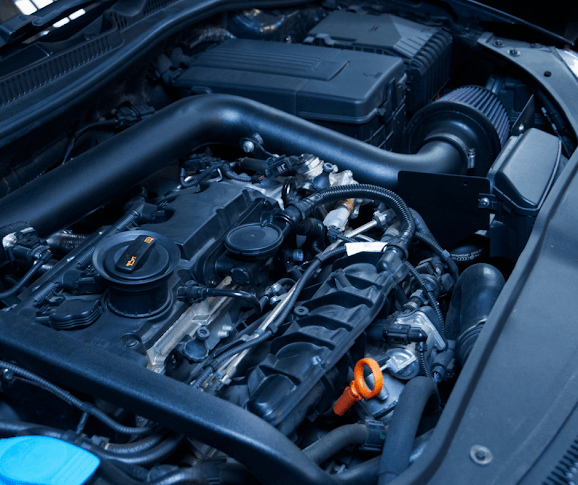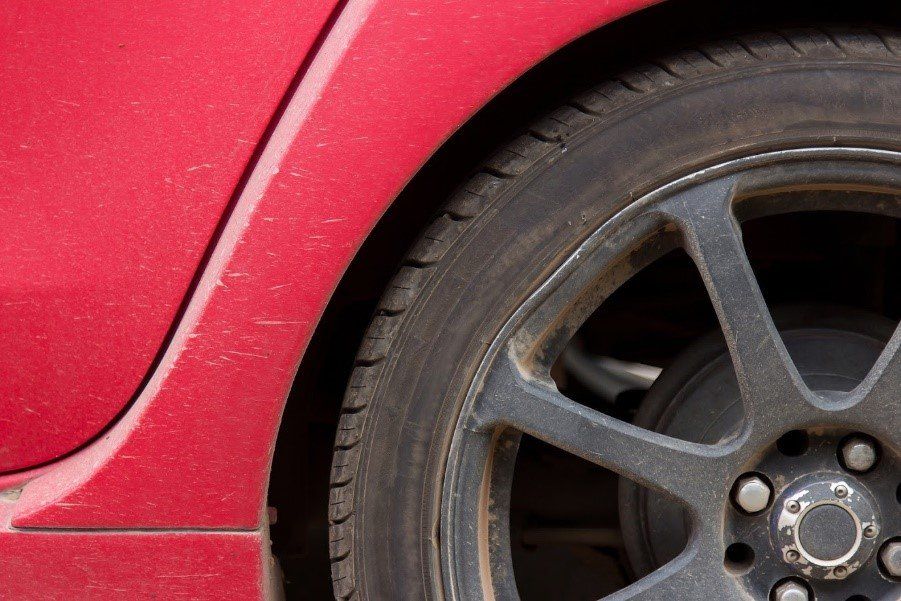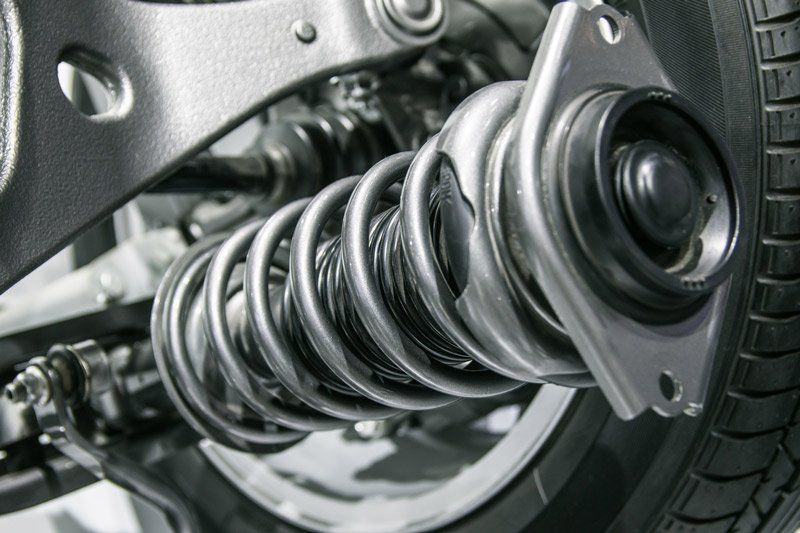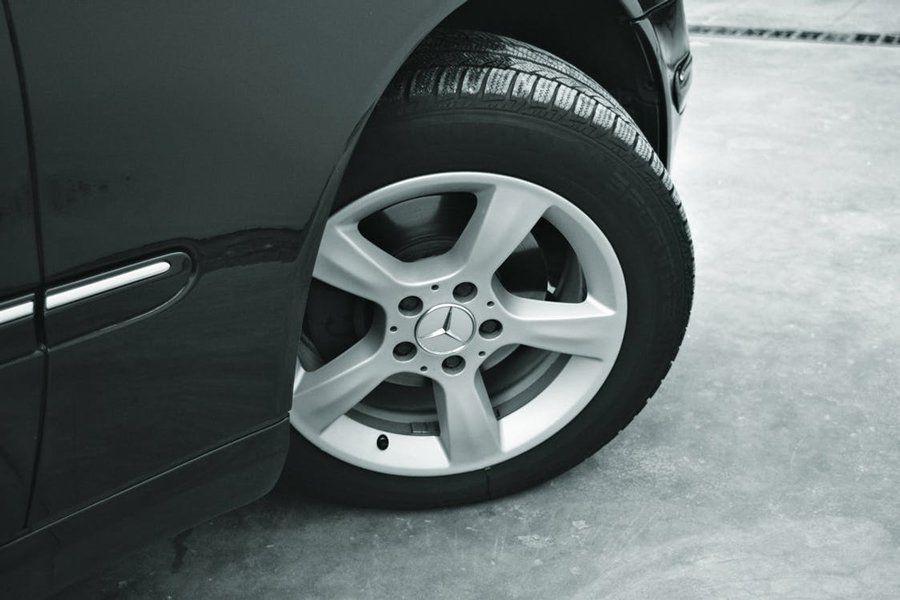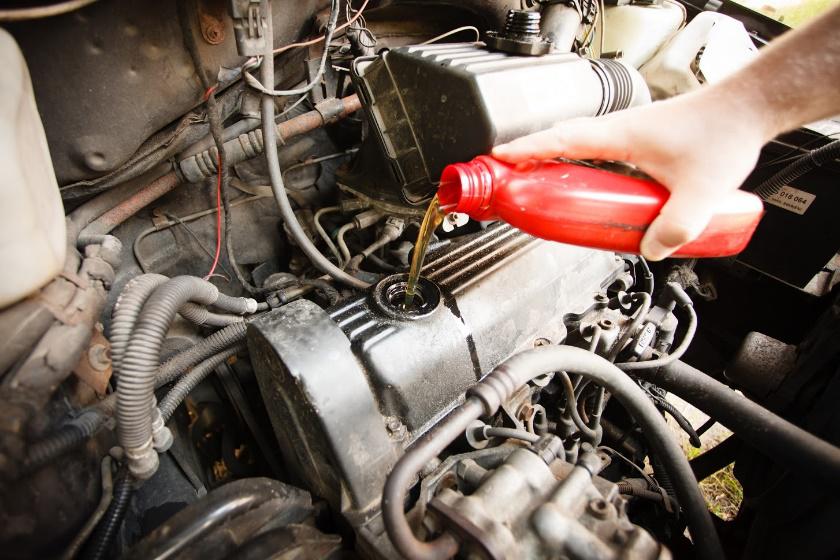4520 Hillsborough Rd, Durham NC 27705, USA
Know Your Car's Power Steering
- By Admin
- •
- 20 Apr, 2020
- •

Power steering makes all the difference in achieving the smooth, effortless steering experience offered by modern vehicles. It plays an especially critical role in large trucks or other heavy vehicles that might otherwise require great steering effort. Even in a small care, if your power steering malfunctions, you may struggle to react quickly in an emergency.
You can keep on top of power steering issues by recognizing what can go wrong with the system's various components, how to spot trouble, and how to optimize power steering performance through the proper maintenance and repairs. Here are some key points to remember.
How Power Steering Works
Before the days of power steering, automakers had to gear their steering systems to compensate for the inherent difficulty of turning the wheels. Cars and trucks typically featured oversize steering wheels that drivers would turn in complete revolutions to accomplish turns more easily. The smallest, lightest cars required less steering effort, but even they could prove hard to turn from a full stop.
Power steering solves this challenge by adding extra energy and force to the steering mechanism. In hydraulic power steering systems (the norm for most of automotive history), an engine-driven pump sends hydraulic fluid through valves to a hydraulic cylinder. Pressurized fluid from the cylinder flows to the steering rack according to the amount of torque the driver applies to the steering wheel.
Recent vehicle designs have embraced electric power steering (EPS) as an improvement over traditional hydraulic systems. An EPS power steering system uses computer sensors that detect how much torque the driver has applied to the steering wheel. The sensors then direct a separate electric motor to provide the necessary extra energy to assist the turn.
Why Power Steering Systems Fail
Power steering systems have a number of potential failure points. In hydraulic systems, the problem often lies with the power steering fluid. If this fluid appears dark brown instead of a healthy pink, amber, or red, oxidation has damaged it and reduced its effectiveness. Copper or other trace metals in the fluid can also keep it from providing optimal assist.
A leak anywhere in your hydraulic power steering system may cause your power steering fluid to drop below normal levels. If your power steering pump fails, your power steering fluid may not flow to the steering rack with sufficient force, if at all, or the belt that drives it may have grown frayed or loose. A faulty electric motor in an EPS system can also cause power steering failure.
When to Get Your Power Steering Checked
Submit your vehicle for regularly scheduled maintenance checks to have all of its systems evaluated, including the power steering system. Your technician may discover a tiny leak or other early-stage problem, correcting the issue before it can sabotage your steering power.
You can also check your power steering fluid yourself between scheduled maintenance visits. The power steering reservoir includes two levels, one indicating the normal cold fluid level, and the other indicating the normal hot fluid level. Park the vehicle on level ground to ensure an accurate reading.
If you hear a loud, high-pitched squeal from your car when you first start it up, you may have a bad power steering belt. If you can only steer your vehicle with great difficulty, you may have already lost all power assist due to a broken belt, a failing pump, or a massive loss of fluid. You might still manage to turn the wheels, but you run the risk of further damage if you keep driving the car without power steering.
What to Do About Power Steering Problems
Many power steering fixes revolve around finding and fixing leaks. Your technician may watch the power system for fresh leaks while another technician turns the steering wheel back and forth. If your power steering pump fails to work, you may need a new power steering belt or even a whole new pump. An EPS system may need a new electric motor or sensor.
Euroclassics, LTD., can help you diagnose, repair, or even prevent power steering problems. Contact our automotive service specialists to schedule an inspection or maintenance.



